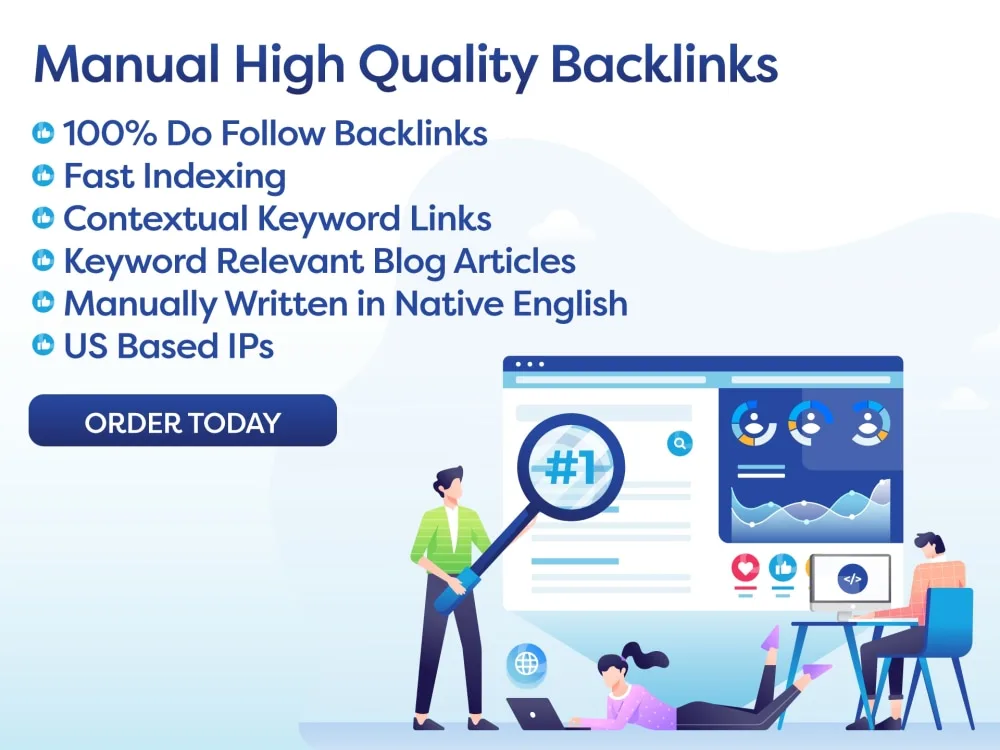Contextual backlinks are crucial for SEO strategies as they improve search engine rankings and organic traffic. These hyperlinks, placed within relevant content, provide additional context and relevance to linked content, making them highly valued by search engines. Strategies for creating contextual backlinks include guest blogging and natural link building, focusing on relevance and quality. The impact of contextual backlinks on SEO includes improved search engine ranking and increased organic traffic. Implementing a contextual backlink strategy involves identifying high-authority websites, creating valuable content, and continuously optimizing to drive maximum results. Overall, contextual backlinks are essential for driving traffic and standing out online.
Contextual backlinks are essential for effective SEO strategies. Learn how to create and use them to boost your website’s ranking!
Introduction:
SEO beginners often struggle to understand the importance of contextual backlinks in improving their website’s search engine ranking. In this article, we will delve into the world of contextual backlinks and explain how you can use them to your advantage. Whether you are a blogger, business owner, or digital marketer, understanding contextual backlinks is crucial for driving organic traffic to your site. Are you ready to take your SEO game to the next level?
Key Takeaways:
- What are Contextual Backlinks?
- How to Create Contextual Backlinks?
- Best Practices for Using Contextual Backlinks
- The Impact of Contextual Backlinks on SEO
- Action Plan for Implementing Contextual Backlinks in Your SEO Strategy
What are Contextual Backlinks?
- Definition of Contextual Backlinks
- Benefits of Contextual Backlinks
Contextual backlinks are hyperlinks placed within the content of a website that are relevant to the topic of the page. These backlinks are highly valued by search engines because they provide additional context and relevance to the linked content. By including contextual backlinks in your website’s content, you can improve your SEO performance and drive more traffic to your site.
When it comes to SEO, not all backlinks are created equal. Contextual backlinks are considered more valuable than other types of backlinks because they are placed within the body of the content, making them appear more natural to search engines. Additionally, contextual backlinks are more likely to drive qualified traffic to your site, as they are placed in relevant and authoritative content.
How to Create Contextual Backlinks?
- Guest Blogging
- Natural Link Building
One of the most effective ways to create contextual backlinks is through guest blogging. By writing high-quality content for other websites in your niche, you can include contextual backlinks to your own site within the body of the content. This not only helps drive traffic to your site but also establishes you as an authority in your industry.
Another strategy for creating contextual backlinks is through natural link building. This involves creating valuable and engaging content on your own website that other websites will want to link to. By creating content that is worth linking to, you can attract organic backlinks from other sites, increasing your site’s authority and driving more traffic.
Best Practices for Using Contextual Backlinks
- Relevance
- Quality
When creating contextual backlinks, it is important to focus on relevance. Make sure that the content surrounding your backlink is closely related to the topic of your site. This will not only improve the user experience but also signal to search engines that your backlink is valuable and authoritative.
In addition to relevance, it is crucial to prioritize quality when creating contextual backlinks. Avoid using spammy or low-quality websites to host your backlinks, as this can actually harm your SEO performance. Focus on creating high-quality content that provides value to users and seek out reputable websites to host your backlinks.
The Impact of Contextual Backlinks on SEO
- Improved Search Engine Ranking
- Increased Organic Traffic
Contextual backlinks play a significant role in improving your website’s search engine ranking. By including relevant and authoritative backlinks within your content, you can signal to search engines that your site is a valuable resource for users. This can lead to higher rankings in search engine results pages, increasing your visibility and driving more organic traffic to your site.
In addition to improving your search engine ranking, contextual backlinks can also help increase your organic traffic. By attracting qualified traffic through high-quality backlinks, you can drive more users to your site who are interested in your products or services. This can result in higher conversion rates and improved ROI for your SEO efforts.
Action Plan for Implementing Contextual Backlinks in Your SEO Strategy:
- Identify high-authority websites in your niche for guest blogging opportunities.
- Create valuable and engaging content on your own site to attract natural backlinks.
- Focus on relevance and quality when creating contextual backlinks.
- Monitor the impact of contextual backlinks on your search engine ranking and organic traffic.
- Continuously update and optimize your contextual backlink strategy to drive maximum results.
In conclusion, contextual backlinks are a powerful tool for improving your website’s SEO performance. By creating relevant and high-quality backlinks within the content of your site, you can drive more organic traffic and increase your search engine ranking. Implementing a strategic contextual backlink strategy can help you stand out in the crowded online landscape and attract more users to your site.
FAQ:
- Q: How do contextual backlinks differ from other types of backlinks?
- A: Contextual backlinks are hyperlinks placed within the content of a website that are relevant to the topic of the page. Unlike other types of backlinks, contextual backlinks provide additional context and relevance to the linked content, making them more valuable to search engines.
- Q: What are the benefits of using contextual backlinks in SEO?
- A: Contextual backlinks can help improve your search engine ranking, increase organic traffic to your site, and establish your authority in your industry. By including contextual backlinks in your content, you can drive more qualified traffic to your site and improve your overall SEO performance.

